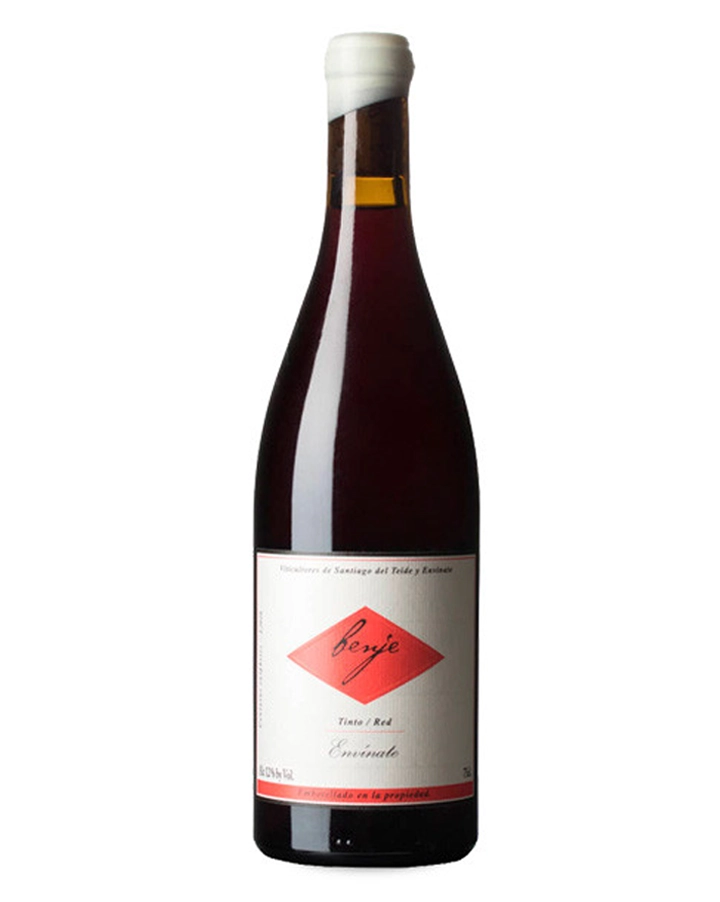Envinate 'Benje Tinto' 2023 Tenerife, Canary Islands
Envinate 'Benje Tinto' 2023 Tenerife, Canary Islands
750ml bottle
12% abv
Bright and lifted cherry, pomegranate, and floral tones with light smoke and volcanic minerality. Lively acidity, fine tannins, and a crunchy, savory edge. Energetic, transparent, high-altitude island wine that's fresh, mineral, and super drinkable.
Grower: Emilio Ramírez & Envínate
Appellation: Ycoden-Daute-Isora
Varieties: Listan Prieto
Soil: Volcanic sand Elevation 900-1,200 meters Vine Age 70-100 years
Pruning: En Vaso
Farming: Practicing organic
Production: 900 cases
Benje Tinto is sourced from 1,000 meters elevation, old-vine, pie franco parcels of Listan Prieto (Mission/País) with a bit of Tintilla, named “Masca,” “La Zanja,” “Valle de Arriba,” and “Llano Redondo”, all of them located in Santiago del Teide. Each parcel is hand-harvested during the first half of September, destemmed and vinified separately, some in concrete and some in small open tubs. Maceration is 10-30 days (depending on parcel) with daily punch-downs, pressed 40% into concrete tank and the remainder into neutral French barriques for malolactic fermentation, then raised 8 months in the same barrels on fine lees without battonage or added SO2. Bottling is without fining or filtration, and clarified using natural vegetable proteins.
Envínate (“wine yourself”) is the brainchild of Laura Ramos, Jose Martínez, Roberto Santana and Alfonso Torrente, four friends who met while studying winegrowing at the University of Miguel Hernández in Alicante. Their work, both in the vineyard and winery, is focused on exploring the ancient, Atlantic-infused terruños of Ribeira Sacra and the Canary Islands, as well as exceptional vineyard plots across the Iberian Peninsula. The Envínate philosophy is simple: allow each parcel to fully express itself in the finished wine by utilizing old-fashioned farming and winemaking methods. The results are some of the most exciting wines being produced in Spain today.
The Benje wines are from vineyards in and around Santiago del Teide, high on the northwestern volcanic slopes of the island of Tenerife. The viticulture is very old- fashioned: the vines grow untrained, the soil is worked by hand, and no chemicals are used. The island experiences a fairly temperate climate, enabling grapes to ripen at moderate alcohol levels while retaining bright acidity. The main challenges to viticulture are winds from the Atlantic and Africa and fluctuations in humidity.
Share

